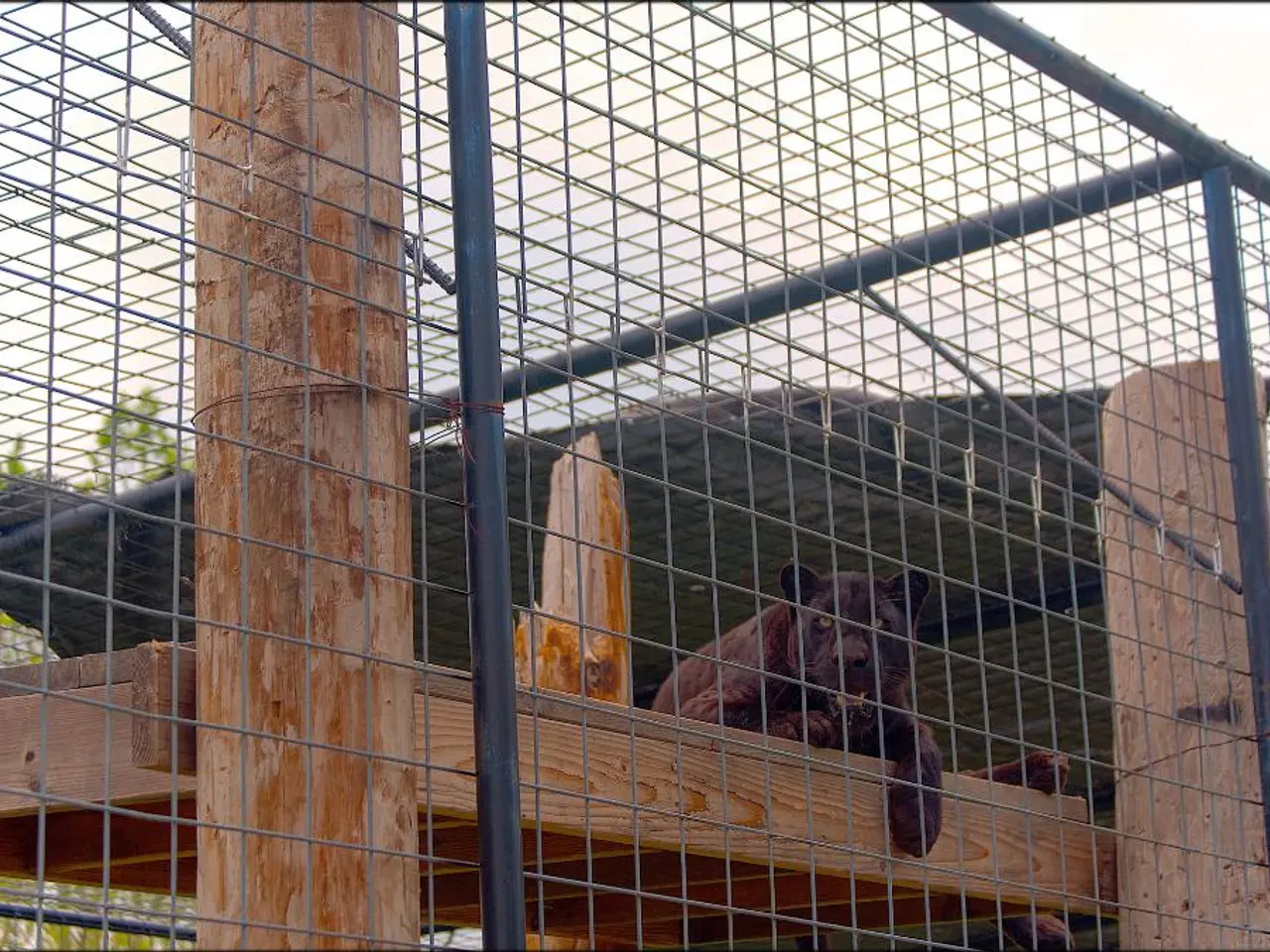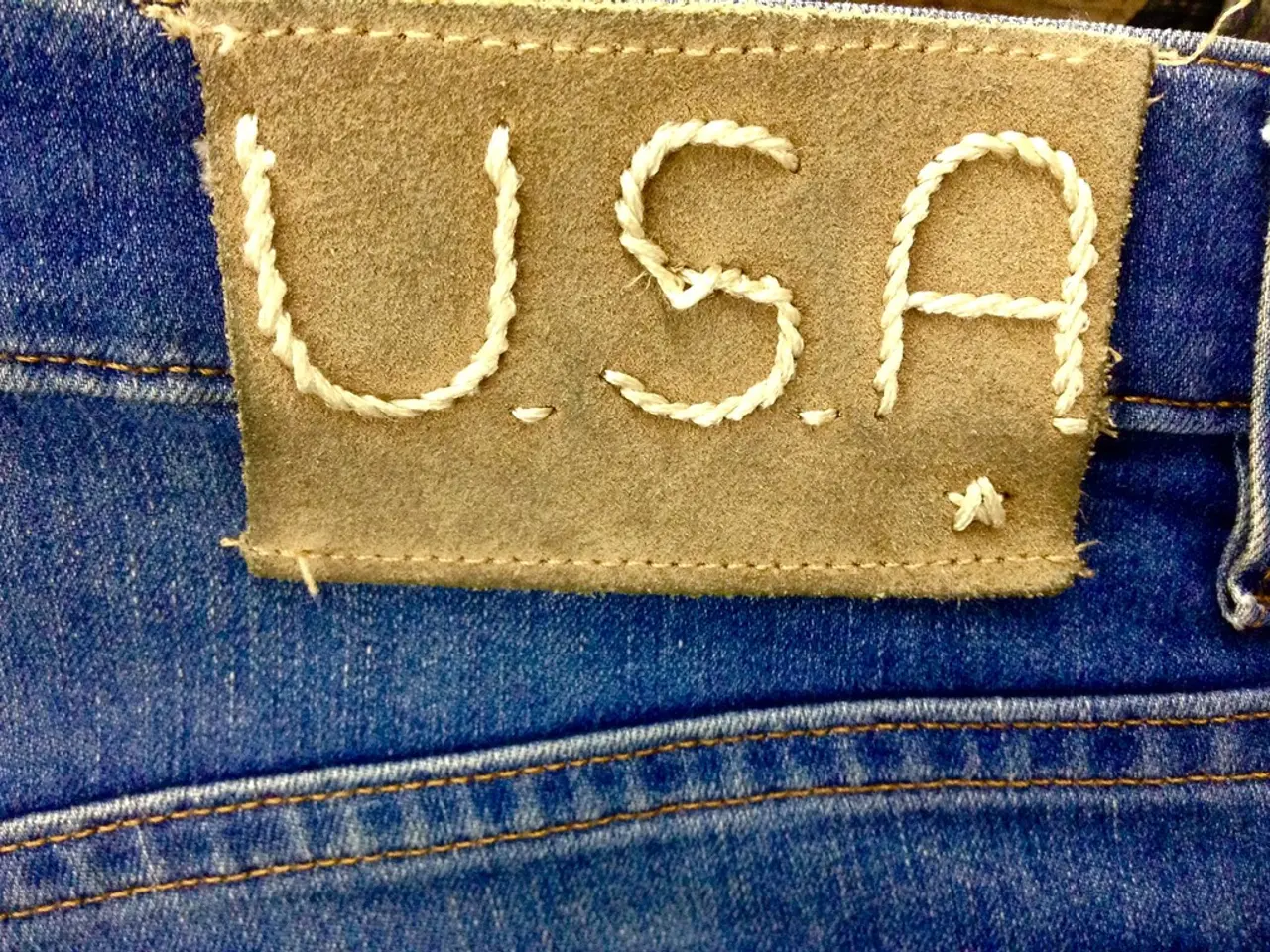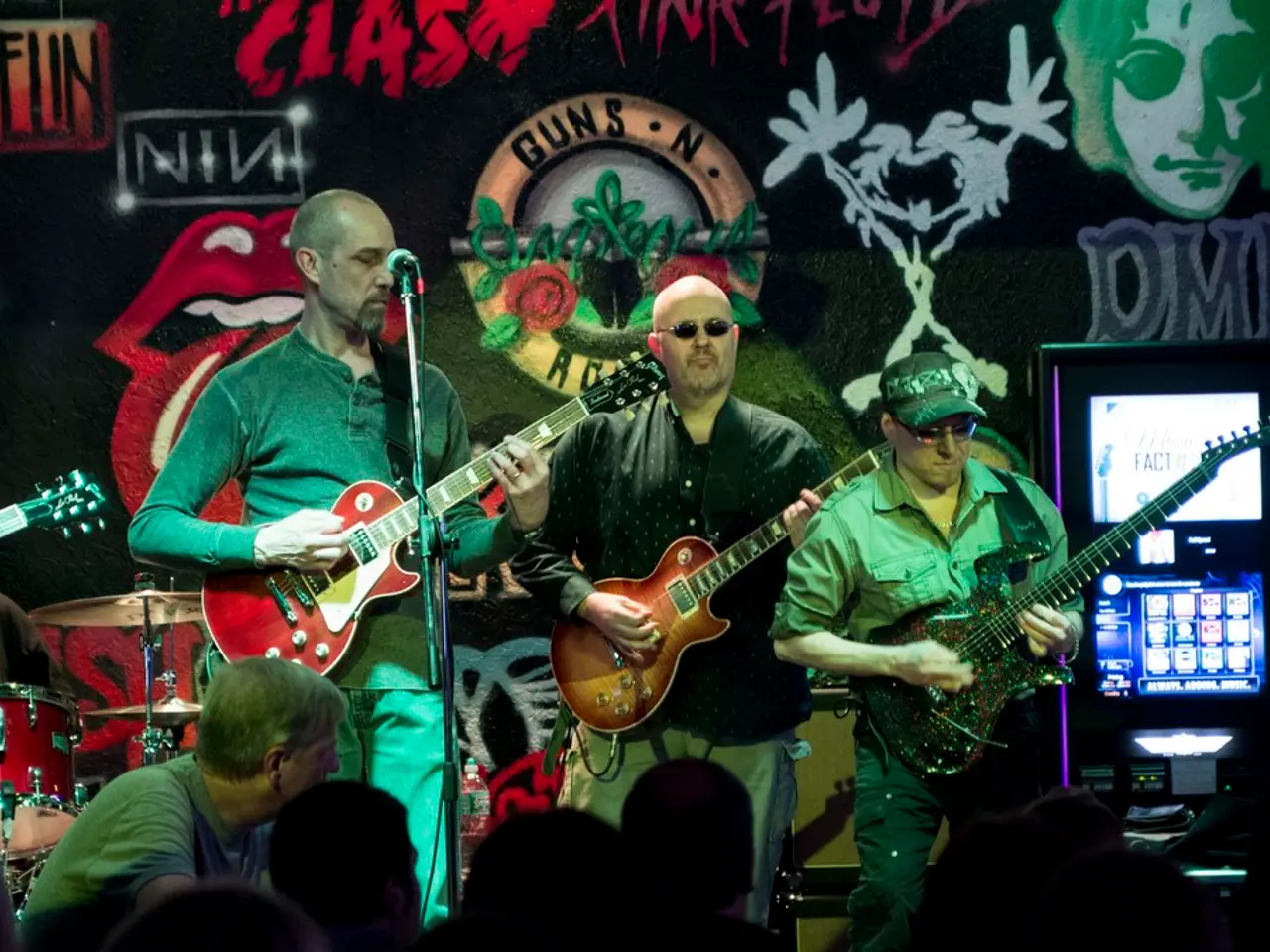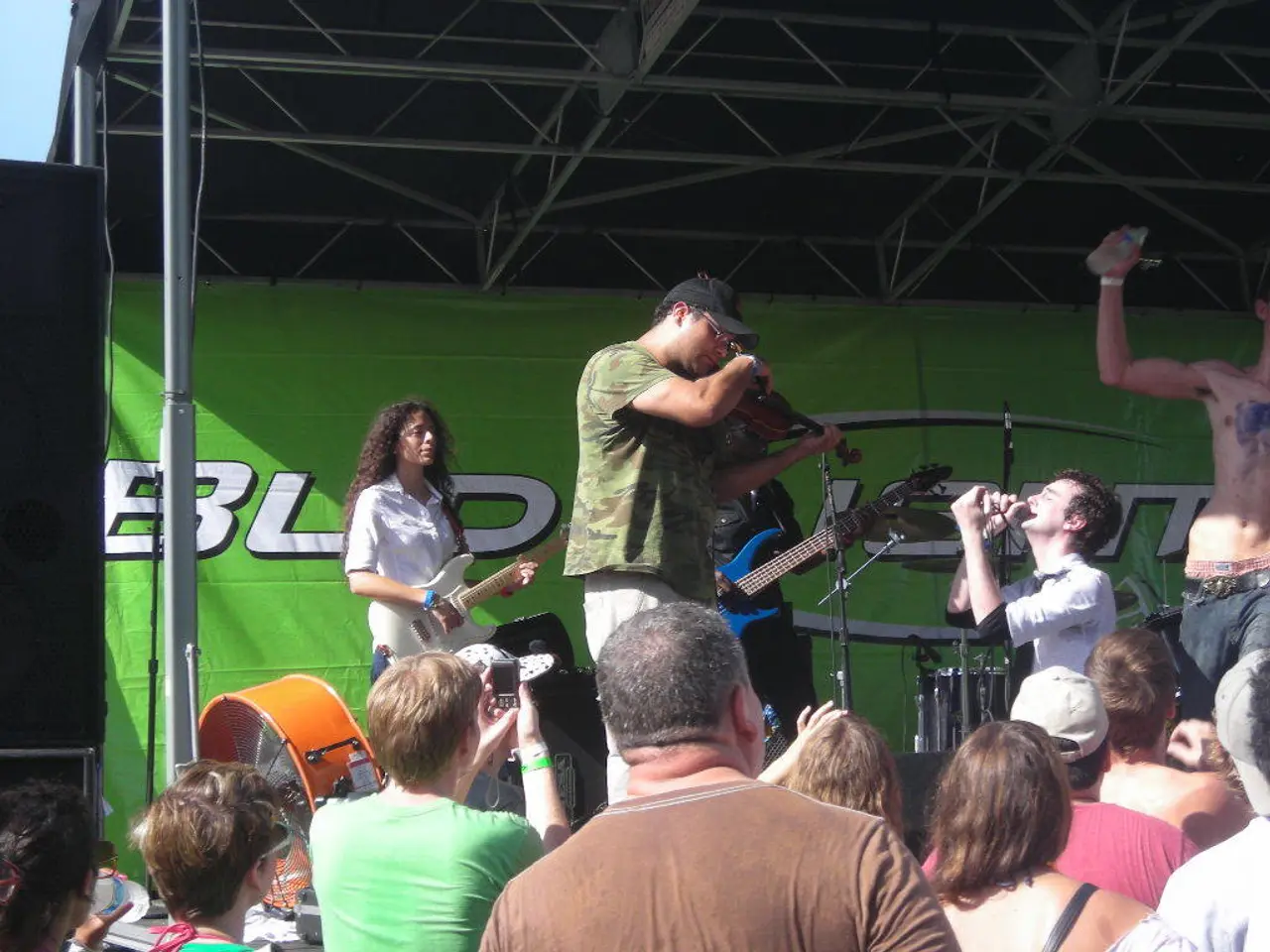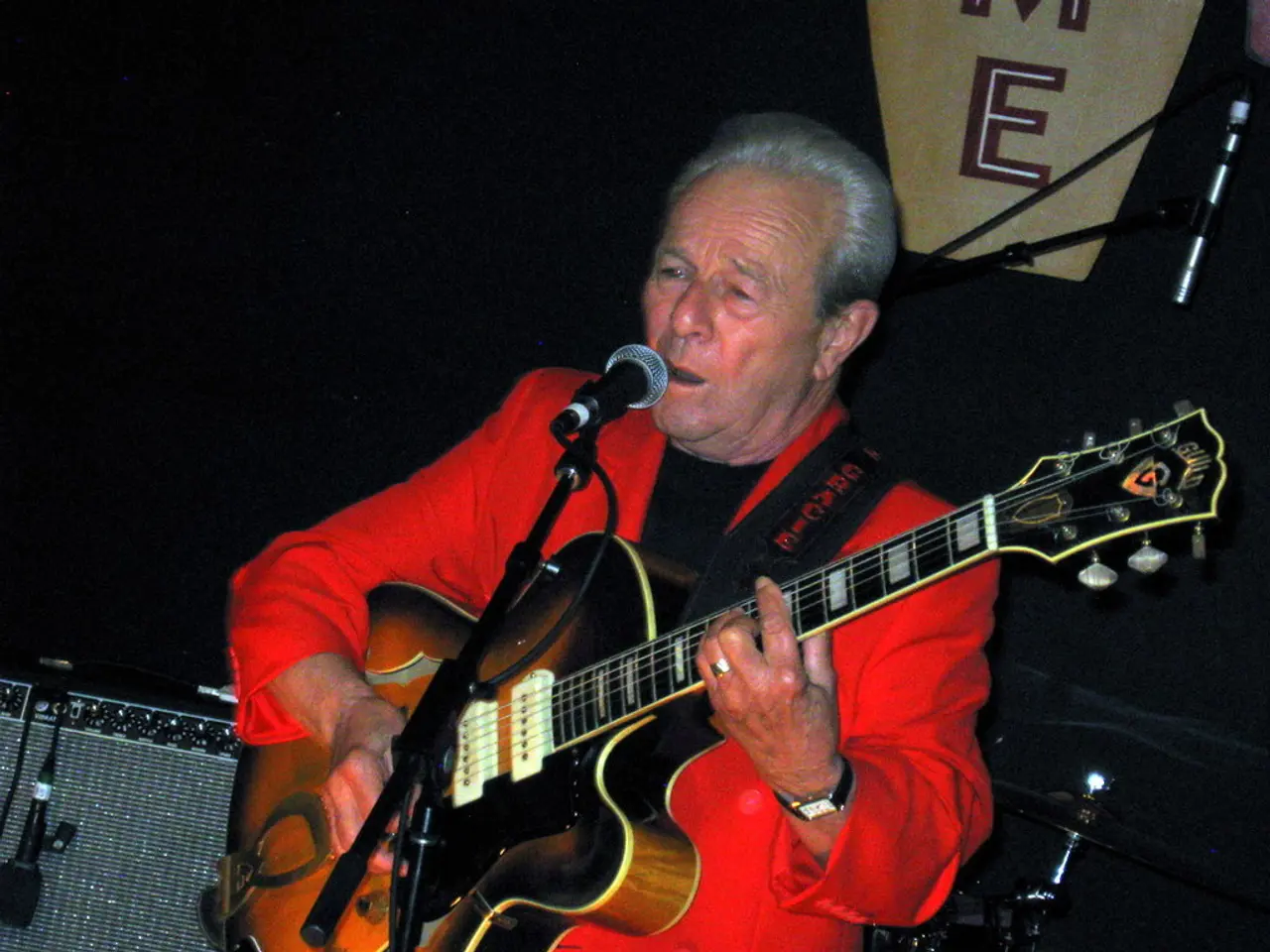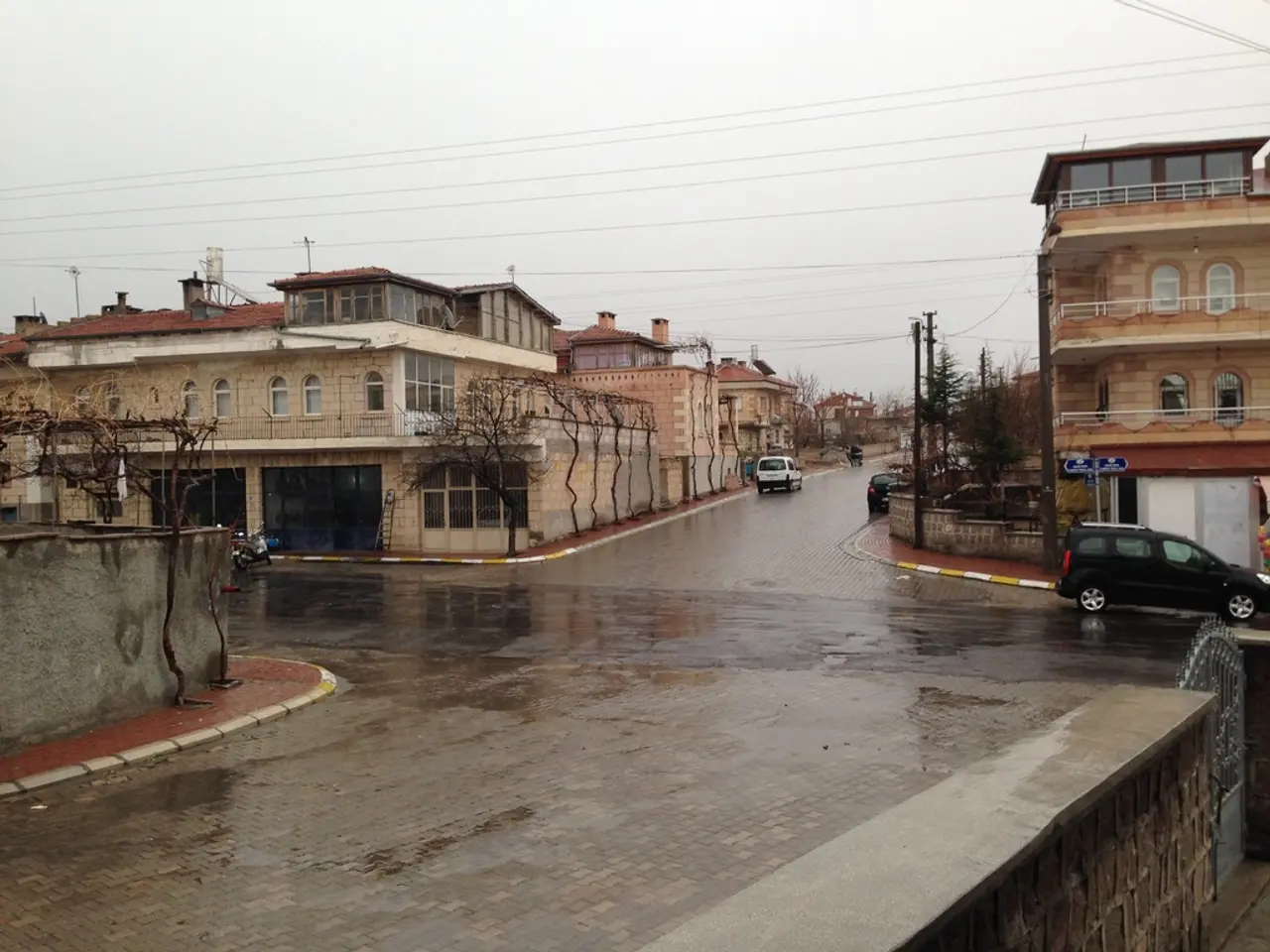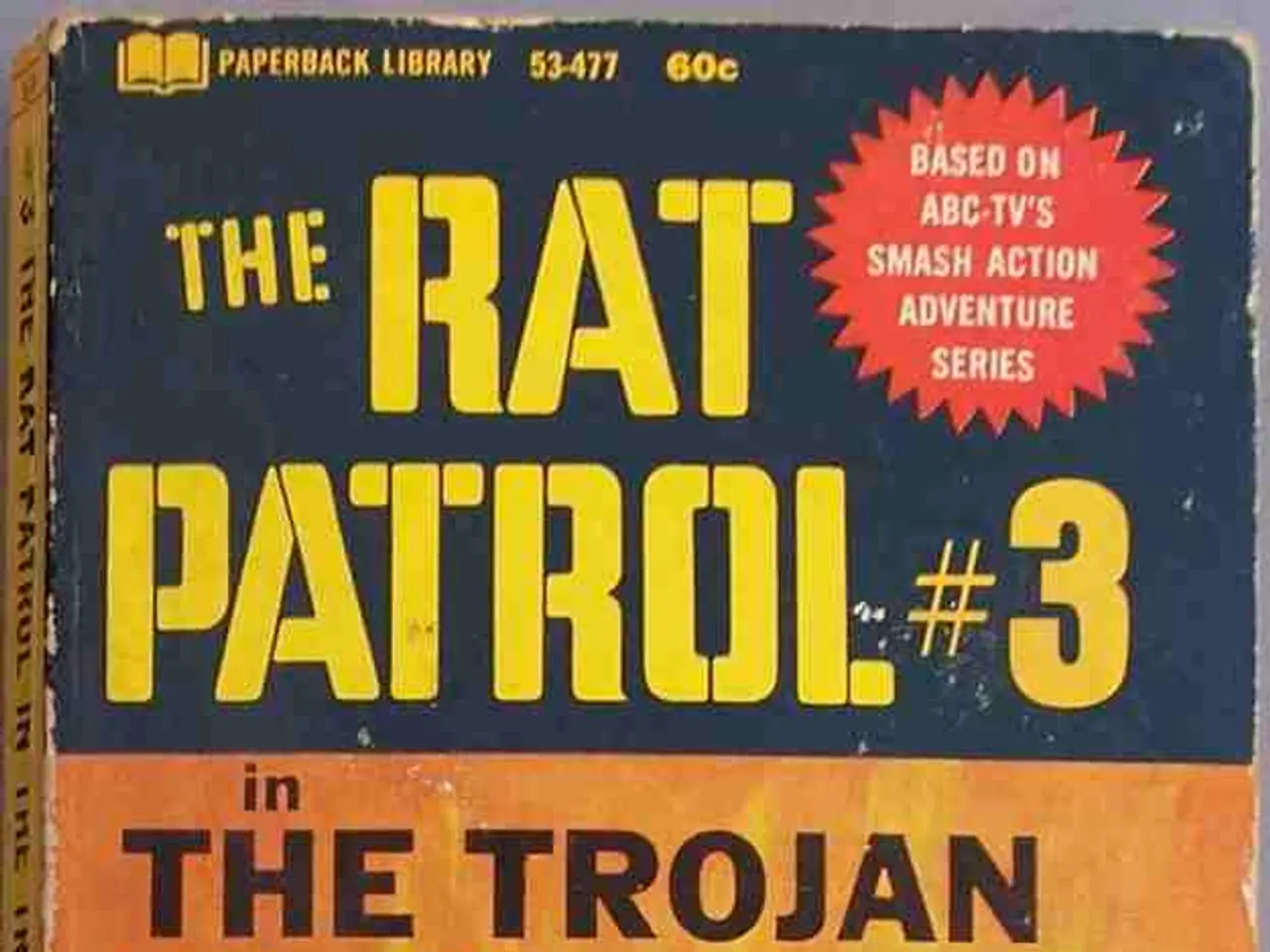Hollywood film serves as a catalyst for Black Panther leader Huey P. Newton's fugitive journey from the FBI, shedding light on the authenticity of The Big Cigar.
In the early 1970s, the incredible true story of Huey P. Newton, co-founder of the Black Panther Party, unfolded as he fled the FBI's relentless pursuit and found refuge in Cuba. This captivating tale is now brought to life in Apple TV+'s limited series, "The Big Cigar."
The series, based on a magazine article by Joshuah Bearman, delves into the convoluted plan that saw Newton's escape facilitated by Hollywood producer Bert Schneider. Schneider, known for films like Easy Rider, orchestrated a complex ruse, creating a fake film named The Big Cigar as an alibi for Newton's escape.
The show presents this story as "incredibly true," albeit with some dramatization, summarized as “mostly true” by the creators. While the core fact of Newton's flight to Cuba and the FBI's pursuit, aided by real-life film industry figures, is not disputed, certain elements and character dynamics may be dramatized for narrative effect.
The creation of the Black Panther Party, heavily inspired by black nationalist leader Malcolm X, was a response to the racial tensions and violence against African Americans by police. Newton's co-founding of the party with Bobby Seale in October 1966 in Oakland, California, marked a significant moment in the civil rights movement.
However, Newton's tenure was marred by controversy. In 1968, he was convicted of voluntary manslaughter for shooting and killing an Oakland police officer, John Frey. This conviction became a rallying cry for the Black Panther Party, viewed as a case of racial injustice. In 1970, Newton's conviction was overturned on appeal due to legal misconduct on behalf of the trial's judge, sparking widespread controversy across the nation with mass protests and the organization of the 'Free Huey' campaign.
During his exile in Cuba, Newton's political influence significantly diminished, and his absence took its toll on the Black Panther Party. It wasn't until 1977 that Newton returned to the US to face the charges levelled against him, which were ultimately dropped.
"The Big Cigar" can be regarded as historically accurate in its core premise and broad strokes about Huey Newton’s escape to Cuba, while incorporating dramatized details to enhance storytelling. Viewers looking for precise, documentary-level historicity should consider that some scenes may be dramatized, consistent with the common practice in dramatized historical series.
[1] Apple TV+'s The Big Cigar: A Hollywood-Cuba Caper is Based on a True Story, by Joshuah Bearman, Esquire, 2016.
This Apple TV+ series, titled "The Big Cigar," is based on a true story, as outlined in Joshuah Bearman's Esquire article from 2016. The captivating tale delves into the realm of entertainment, with the movie industry playing a pivotal role in the extraordinary escape of Huey P. Newton, co-founder of the Black Panther Party, who sought refuge in Cuba.
